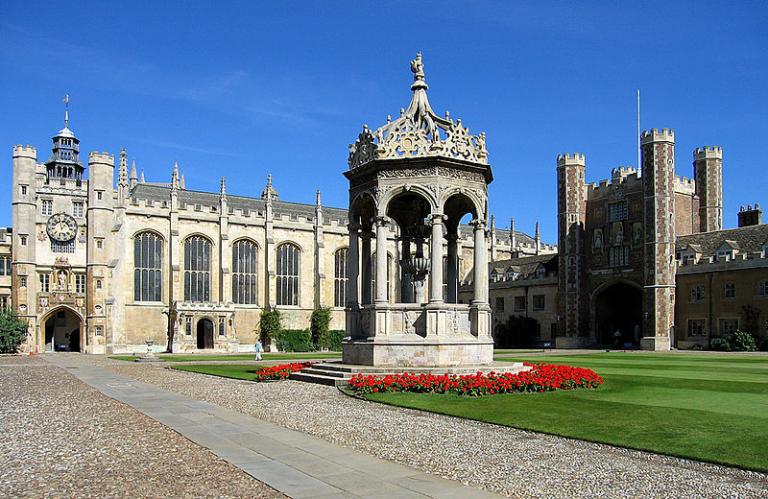
I’ve just begun reading James Hannam, The Genesis of Science: How the Christian Middle Ages Launched the Scientific Revolution (Washington DC: Henry Regnery, 2011). Hannam earned a bachelor’s degree in physics at Oxford University and a doctorate in the history of science from the University of Cambridge.
Here are a few notes from his introduction to the book, which is titled “The Truth about Science in the Middle Ages”:
“Writers use the adjective ‘medieval’ as a synonym for brutality and uncivilized behavior. Recently, the word has affixed itself to the Taliban of Afghanistan, whom commentators routinely describe as throwbacks to the Middle Ages, if not the Dark Ages.” (xiv)
“Closely coupled to the myth that there was no science worth mentioning in the Middle Ages is the belief that the [Catholic] Church held back what meager advances were made. The idea that there is an inevitable conflict between faith and reason owes much of its force to the work of nineteenth century propagandists such as the Englishman Thomas Huxley (1825-1895) and the American John William Draper (1811-1882). Huxley famously declared: ‘Extinguished theologians lie about the cradle of every science, as the strangled snakes beside that of Hercules.'” (xiv)
“Contrary to popular belief, the Church never supported the idea that the earth is flat, never banned human dissection, never banned the zero, and certainly never burnt anyone at the stake for scientific ideas.” (xv)
“The most famous clash between science and religion was the trial of Galileo Galilei (1564-1642) in 1633. Academic historians are now convinced that this had as much to do with politics and the pope’s self-esteem as it did with science.” (xv)
“The denigration of the Middle Ages began as long ago as the sixteenth century, when humanists, the intellectual trendsetters of the time, started to champion classical Greek and Roman literature. They cast aside medieval scholarship on the grounds that it was convoluted and written in ‘barbaric’ Latin. So people stopped reading and studying it. The cudgels were subsequently taken up by English writers such as Francis Bacon (1561-1626), Thomas Hobbes (1588-1679), and John Locke (1632-1704. The waters were muddied further by the desire of these Protestant writers not to give an ounce of credit to Catholics. It suited them to maintain that nothing of value had been taught at universities before the Reformation. Galileo, who thanks to his trial before the Inquisition was counted as an honorary Protestant, was about the only Catholic natural philosopher to be accorded a place in English-language histories of science.” (xv)











